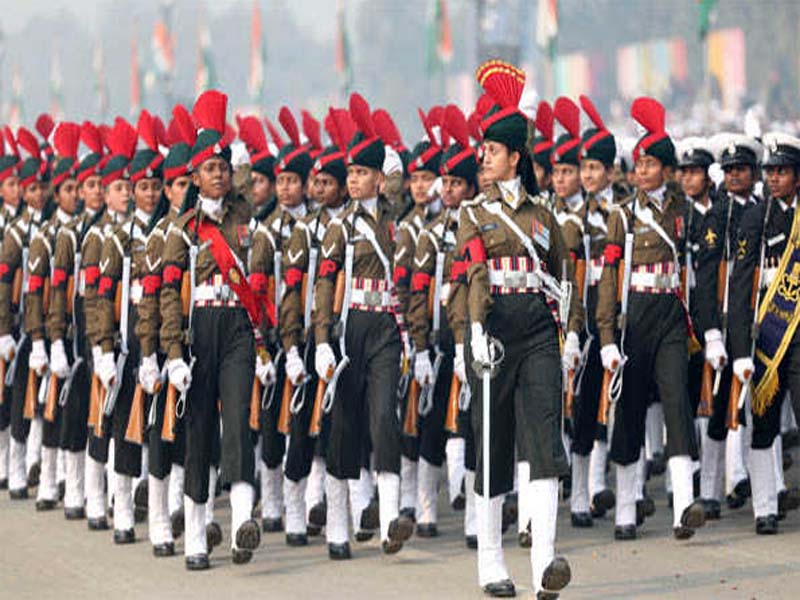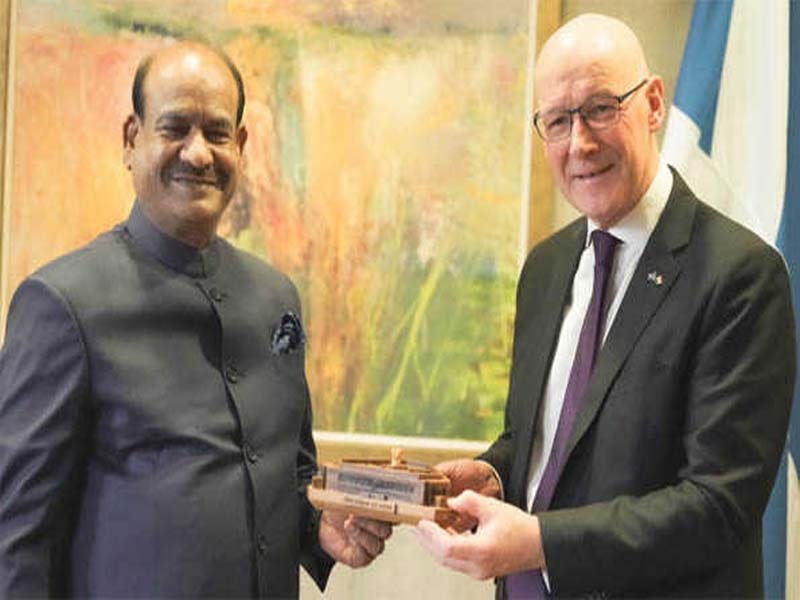UK variant poses the strongest challenge
New Delhi, Mar 31 : People letting their guard down and not adhering strictly to the standard operating procedures(SOP) and mutation of the Corona virus has meant that India has been hard hit by the second wave of Covid-19 infections.
As vaccine coverage increases the virus in order to survive is likely to mutate hence there could be more variants in the offing, yet it looks like the UK strain would be the one which would cause the the strongest challenge for our society
Cardiologist, Physician & Former President, Indian Medical Association Dr KK Aggarwal explained why the UK variant would be hardest to control
“The variants include UK variant, South Africa variant, Brazil variant and the double mutation variant found in India. Among these the UK variant is most transmissible and is the most widespread. Other variants live South African, Brazil and the double mutation variant found in India would peak and go in about one, one and half months, it is the UK variant we need to worry about.”
Dr Aggarwal was speaking at a webinar titled “Resurgence of COVID 19 : Mutation and other Factors” on Wednesday, the event was organised by ASSOCHAM.
Director of PGIMER, Chandigarh Dr KK Talwar also spoke at the event, he highlighted how widespread the UK variant has become
“In Punjab almost 80% of the new samples that are being tested are of the UK Covid variant, this is 60 to 70% more transmittable. This seems to be affecting the younger population more than other age groups.”
Dr Talwar said that it is the 20-45 years age group that is currently spreading the disease the most.
Dr Aggarwal pointed out that the second wave was not unexpected and it is likely to be severe
“We must keep in mind the International scenario, many places have already had the second, third and even the fourth wave. Right now the population is much more aware and testing facilities too are in place, hence more cases are expected. In about a week or ten days time we could see close to 100,000 cases per day. Inappropriate Covid behaviour is partly to blame, then there are the variants.”
He strongly advised those people who have neither suffered Covid-19 till now or have not yet been administered the vaccine to be extra careful till they get vaccinated.
He felt that restrictions should be lifted on those who have been vaccinated or have recovered from Covid-19, as this would serve as an incentive for people to get vaccinated.
Consultant at Bombay Hospital Institute of Medical Sciences Dr Gautam Bhansali also shared his expertise at the event. He felt that if possible then vaccination of the 20 to 45 years age group could be done on a priority basis
“Right now it is the 20 to 45 years age group which is spreading the disease the most, they are the most mobile population and it could be great if we vaccinated these people are sooner. Of course vaccinating the elderly and people with co morbidities vaccinating is a Priority.”
Dr Bhansali admitted that there have been cases when even after receiving vaccines people have suffered Covid-19 but reassured that even if that happens, the infection would be very mild.
Dr Agrawal felt the need for the vaccination drive to be hastened. “Vaccination drive should be hastened and there should be more public pressure on the government regarding this.”
Dr Bhansali agreed to this. “We should do vaccination drive with same intensity as we carry out elections, covering maximum number of people in the shortest possible span of time.”
Dr KK Aggarwal felt that age should not necessarily be the criteria for giving priority for administering vaccination
“The seriousness of the co morbidity should be taken into account, those who are below 45 with co morbidities usually are at greater risk compared to those who are above 45 with co morbidities, so age should not be the sole criteria for determining the priority for vaccination.”(UNI)



